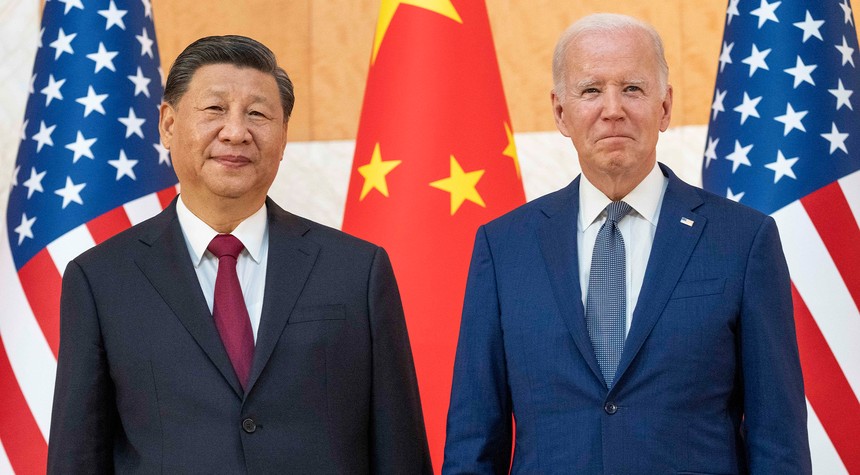Chinese Spy Threat in Alaska Raises Security Concerns
China has been quite busy over the past few years in its efforts to spy on the United States. While the nation was mesmerized by the peculiar balloon fiasco a few months ago, the Chinese Communist Party (CCP) has been using various means to find out more about America’s military capabilities – especially in Alaska.
Chinese citizens suspected of being spies have been attempting to gain access to military facilities in Alaska, according to US officials. Their aim appears to be to gather critical intelligence on our nation’s military.
Many of the encounters have been chalked up to innocent mistakes by foreign visitors intent on viewing the northern lights and other attractions in Alaska, officials say. Other attempts to enter U.S. military bases, however, seem to be probes to learn about U.S. military capabilities in Alaska, according to multiple soldiers familiar with the incidents but who were not authorized to speak publicly about them.
Alaska hosts several large military bases, including Joint Base Elmendorf-Richardson and Fort Wainwright, and is considered key to homeland defense due to its proximity to Russia and the ballistic missile threat from North Korea and China. The area’s vast wilderness also allows for major military exercises, attracting troops from various countries. Tensions between the US and China have been escalating, with recent incidents further straining relations.
Security at military sites in Alaska has been strengthened as the Pentagon focuses on the Arctic, keeping a close eye on Chinese activity in the region. The incidents involving suspected Chinese spies in Alaska highlight the concerns over the security of US military bases and the potential risks posed by foreign intelligence gathering. The FBI and the Department of Justice are involved in investigating cases of suspected spying. US officials stress the importance of protecting military installations and continue to take measures to ensure their safety and security.
This development comes months after US-China relations became even more strained after a Chinese spy balloon forced US Secretary of State Antony Blinken to postpone his trip to Beijing indefinitely. While the balloon itself posed little actual threat, analysts argue that the high level of public attention limits the actions leaders can take to maintain stability.
The incident has raised questions about why the Biden administration chose to publicize this particular balloon, which may have been discovered by the public even without official confirmation. Others have suggested the White House was trying to protect the CCP from scrutiny. The tension between the two countries has led to concerns about the future of bilateral relations and the potential for retaliation or negative consequences in terms of public opinion and policy.
On the other hand, the Biden administration has taken some action against China’s government. An editorial from the New York Times noted that it “has moved to limit economic ties with China, to limit China’s access to technology with military applications, to pull back from international institutions where the United States has long sought to engage China and to strengthen ties with China’s neighbors.”
Further complicating matters is the ongoing Biden family saga, which involves questionable business dealings between Hunter Biden, the president’s son, and a Chinese-owned firm. While investigations into this matter are still ongoing, these revelations have cast doubt on the president’s commitment to containing the CCP and preventing it from amassing more power and influence on the world stage.
Of course, this only scratches the surface of the complex and antagonistic relationship between the United States and the Chinese government. But this story makes it clear that the CCP is not backing down.





Post a Comment